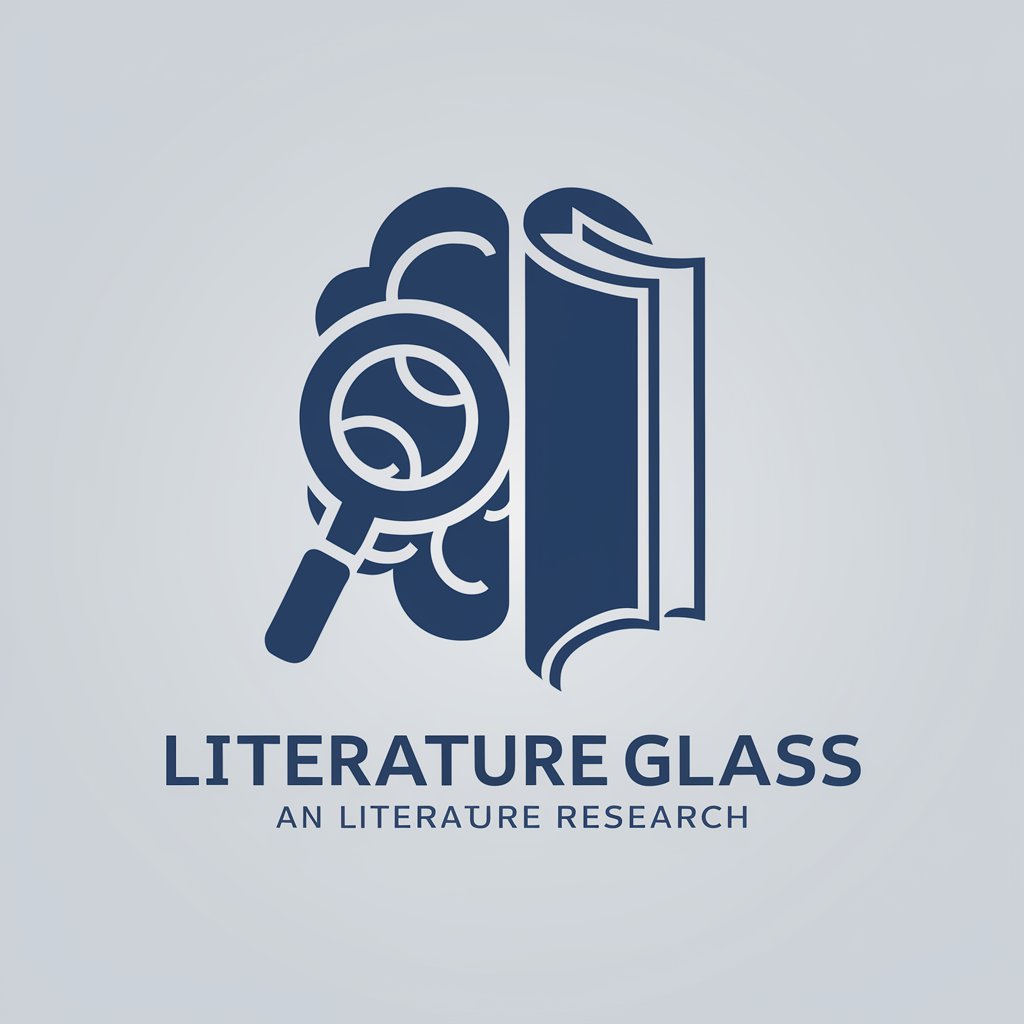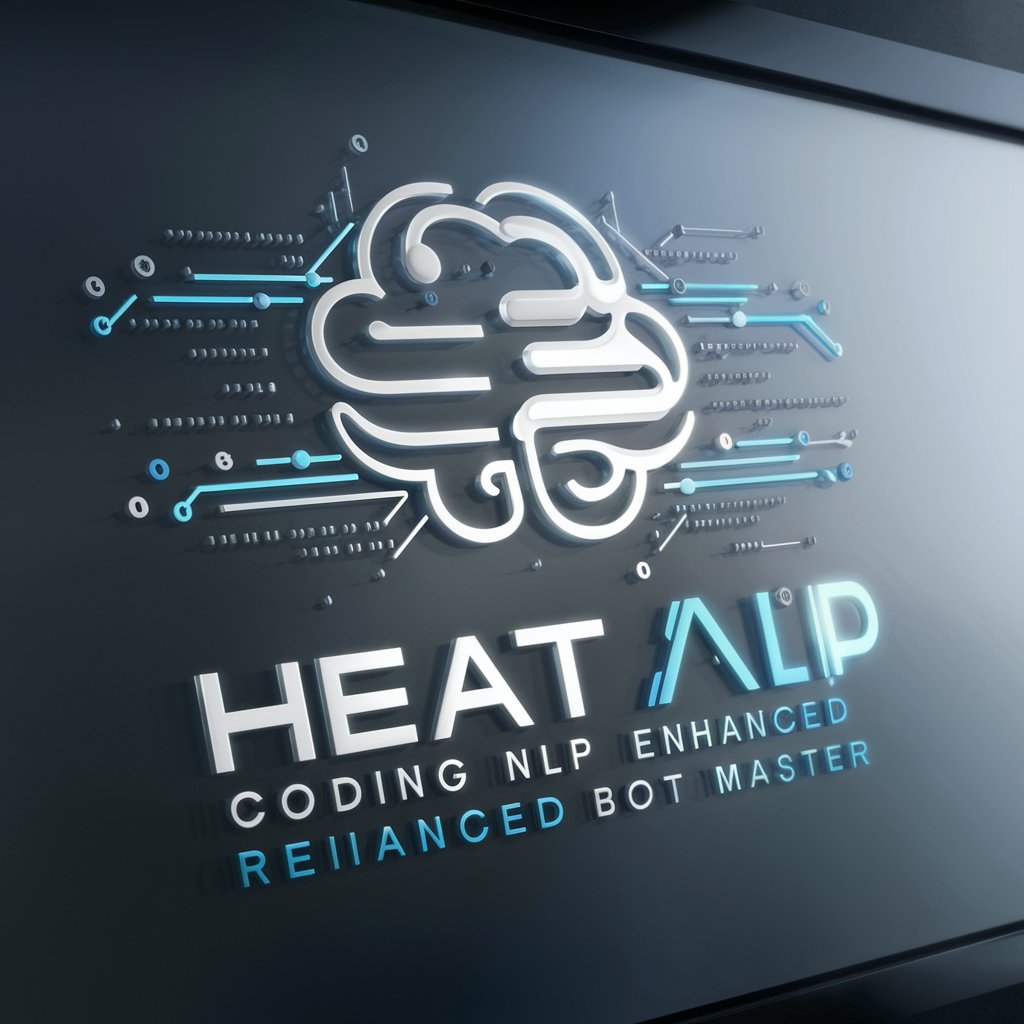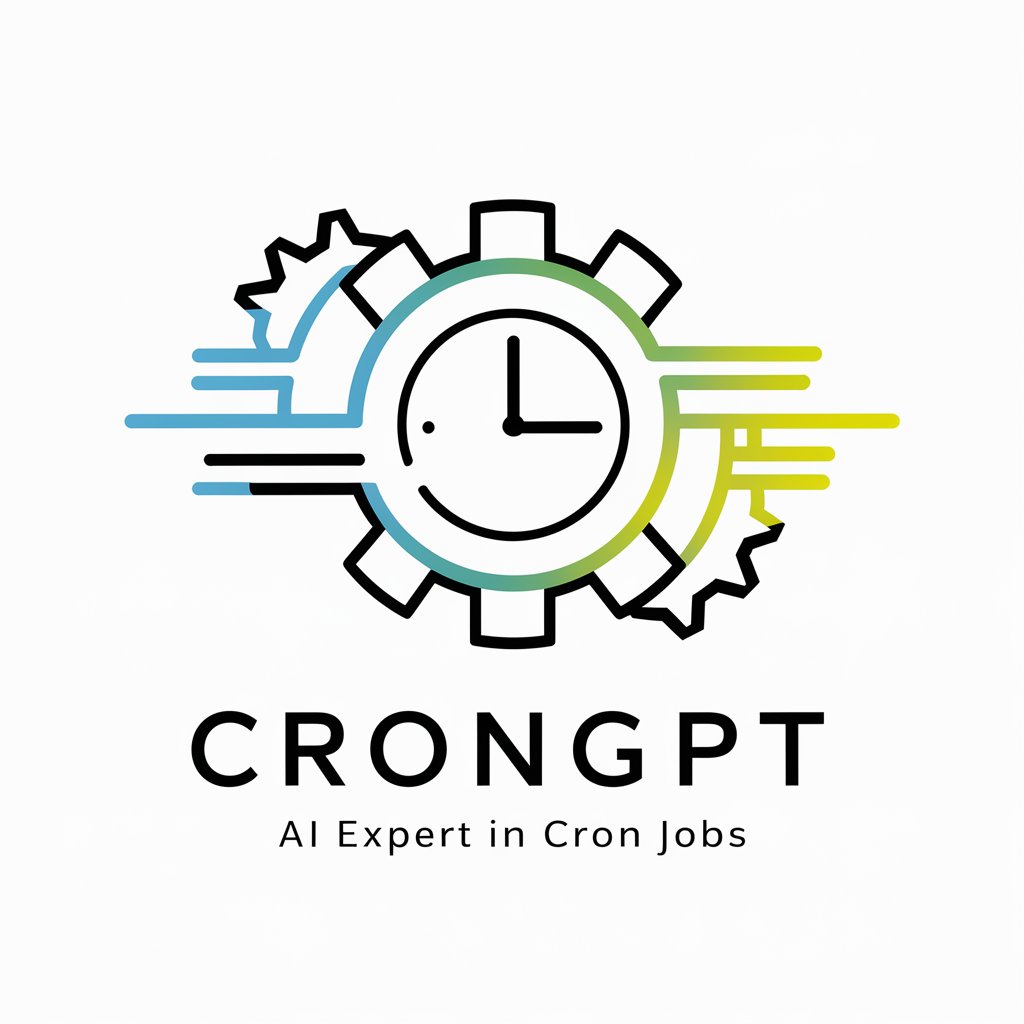Literature Review - Literature Analysis Tool

Welcome! I'm here to help analyze and understand research articles.
Empowering Research with AI-Driven Insights
Analyze the research methods used in the study of...
Summarize the key findings and their significance in...
Evaluate the limitations and propose future research directions for...
Discuss the context and background of the literature on...
Get Embed Code
Understanding Literature Review
Literature Review, also known as 'Harsha The Great,' is a specialized AI designed to analyze and provide detailed insights on literature research articles. Its primary role involves dissecting each part of a research article, offering comprehensive and structured feedback tailored to specific queries. This AI is adept at examining the relevance of article titles, contextual backgrounds, methodologies, results, data presentation, conclusions, future study scopes, significances, and implications for specific study areas. A typical example of its application could be analyzing a research paper on 'The Transition of Road Safety Approaches from Traditional to Systematic and Vision Zero,' where it would dissect the article's methods, evaluate the data presented, and assess the implications for the broader field of road safety research. Powered by ChatGPT-4o。

Core Functions of Literature Review
Article Analysis
Example
Evaluating the structure and content of research articles to provide a detailed critique.
Scenario
A researcher uploads an article on environmental sustainability practices. Literature Review assesses the article's methods, results, and conclusions, providing insights that help the researcher understand the study's strengths, limitations, and areas for future research.
Identification of Research Gaps
Example
Highlighting unaddressed questions within the field of study that the current literature does not fully explore.
Scenario
During the analysis of a study on renewable energy sources, Literature Review identifies that the socio-economic impacts of transitioning to renewable energy have not been fully explored, suggesting an area for future research.
Safety Indicator Analysis
Example
Listing and explaining the purpose of safety indicators used in studies, particularly in fields like road safety.
Scenario
In reviewing a paper on road safety and Vision Zero, Literature Review outlines the various safety indicators used, such as accident rates and traffic flow disruptions, explaining how they contribute to understanding the effectiveness of road safety interventions.
Who Benefits from Literature Review
Academic Researchers
Individuals conducting research in various fields who require assistance in analyzing literature, identifying research gaps, and understanding the implications of studies related to their work. They benefit from Literature Review's ability to dissect and critique research articles, providing deeper insights and identifying future research opportunities.
Students
Undergraduate and postgraduate students working on thesis projects or literature reviews who need help in understanding complex research articles, evaluating methodologies, and synthesizing information across studies. Literature Review aids them in comprehending the nuances of academic research, enhancing their ability to engage with scholarly articles critically.
Policy Makers and Urban Planners
Professionals in policy-making or urban planning who rely on evidence-based research to inform their decisions, especially in areas like road safety, environmental policies, and urban development. Literature Review's analysis can provide them with a nuanced understanding of the research landscape, highlighting effective interventions and policy implications.

How to Use Literature Review
Start Free Trial
Begin by visiting yeschat.ai to access a complimentary trial, no sign-up or ChatGPT Plus subscription required.
Select Research Article
Upload or paste the text of the research article you wish to review. Ensure the article is in a compatible format for analysis.
Specify Queries
Input your specific questions or areas of interest related to the research article for tailored insights.
Review Insights
Receive detailed, structured feedback on various aspects of the research article, including methodology, results, and implications.
Apply Insights
Utilize the insights for your research, academic writing, or to guide further study and exploration on the topic.
Try other advanced and practical GPTs
STORE INSTRUCTOR; OPTIMIZED BOT BUILDER
Build Smarter Bots Faster with AI

"Právník"
Empowering Legal Decisions with AI

WellStrat Wizard
Empowering Your Online Presence with AI

Quizz formation
Empowering Learning Through AI Quizzes

QlikView Assistant
AI-powered QlikView Guidance

Kazakh Cultural Navigator
Explore Kazakh culture, powered by AI

"Jɔn Denbaya Dɔgɔtɔrɔ"
Empowering health decisions with AI

Badventure
Embark on AI-Powered Visual Adventures

Green Hoodie Project
Empowering men of color through AI-driven mental health support.

创意推导辅助创作者
Elevate Your Creativity with AI

Prompt Pilot
Elevate Your AI Interactions with Expert Guidance

CronGPT
Automate tasks effortlessly with AI-driven scheduling

FAQs about Literature Review
What types of research articles can Literature Review analyze?
Literature Review can analyze a wide range of research articles across various fields, including but not limited to, science, humanities, and social sciences. The tool is designed to handle studies of different scopes and methodologies.
Can Literature Review help identify research gaps?
Yes, one of its core functionalities is to identify research gaps in the literature, suggesting areas for future study and highlighting previously unexplored or under-researched topics.
How does Literature Review handle data and results sections of articles?
It provides an in-depth analysis of the data presented, including the significance of tables, graphs, and illustrations. It also discusses the results in the context of the study's objectives and the broader field.
Is Literature Review suitable for all academic levels?
Absolutely, from undergraduate students to research professionals, Literature Review offers valuable insights for anyone engaged in academic writing, research analysis, or looking to deepen their understanding of a specific study.
How can Literature Review aid in writing a literature review section for a dissertation or thesis?
By providing detailed analyses of individual research articles, Literature Review helps in synthesizing key findings, identifying trends, and highlighting areas of agreement or controversy within the literature, thereby aiding in the construction of a comprehensive literature review section.
